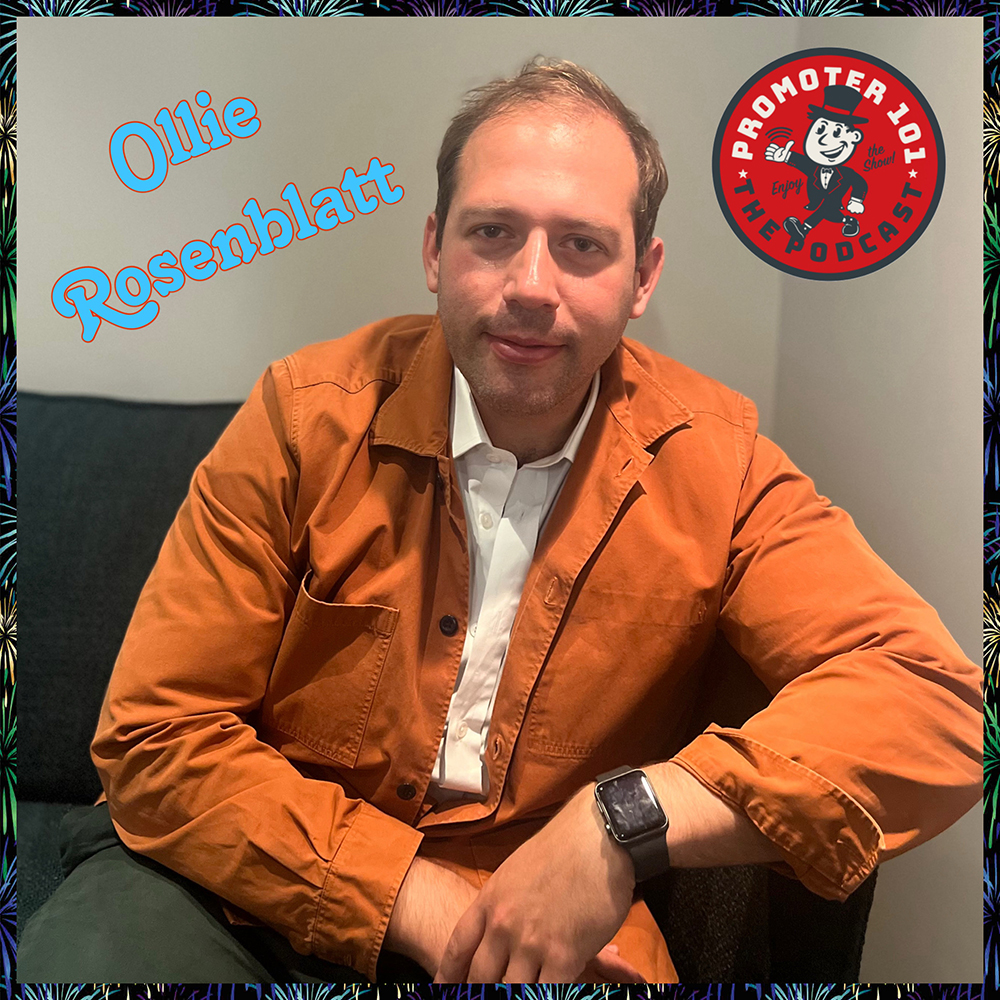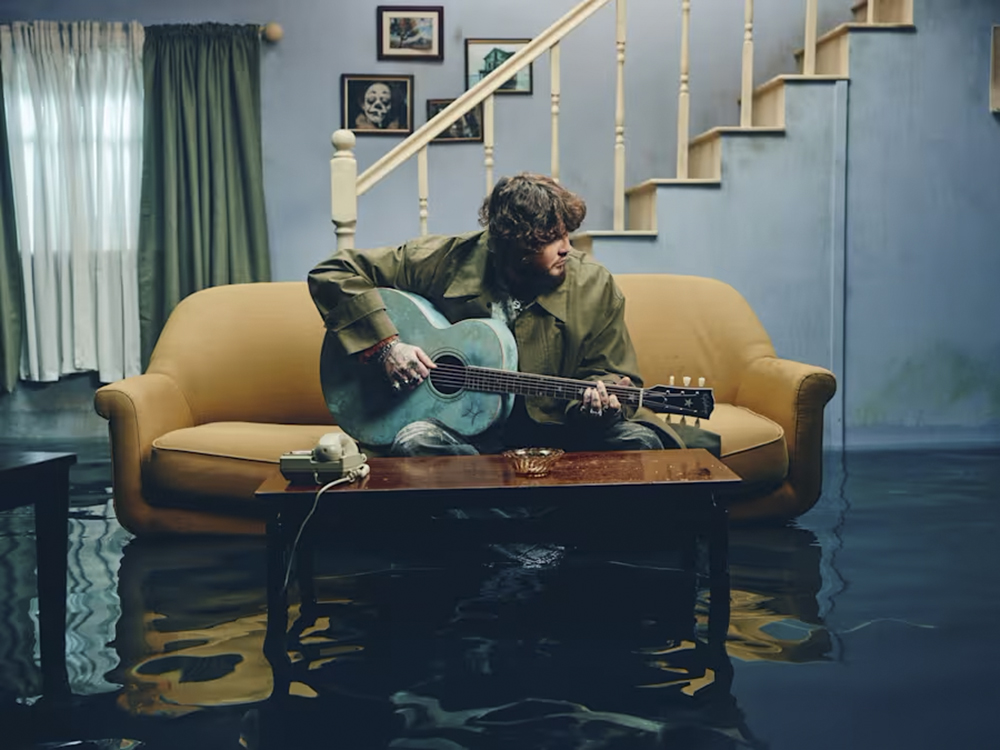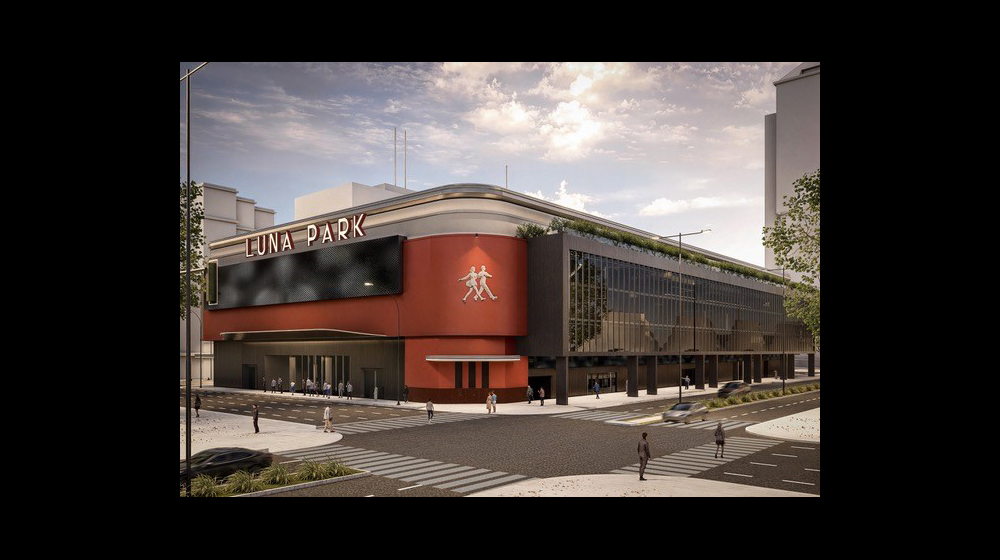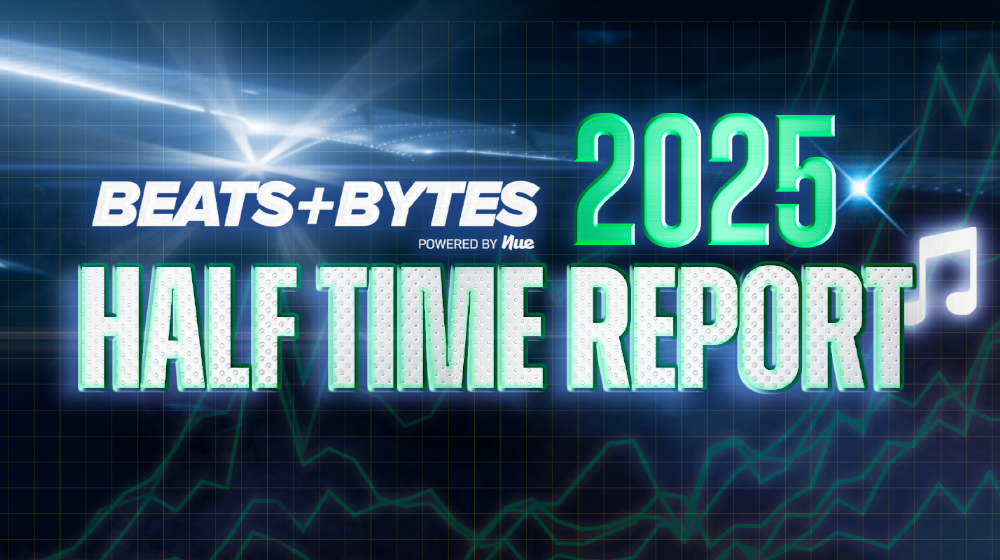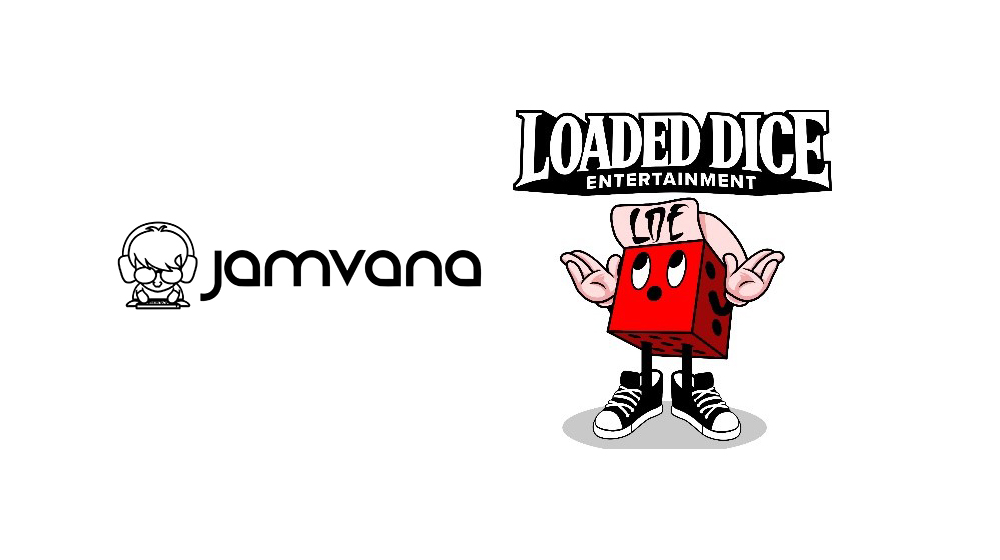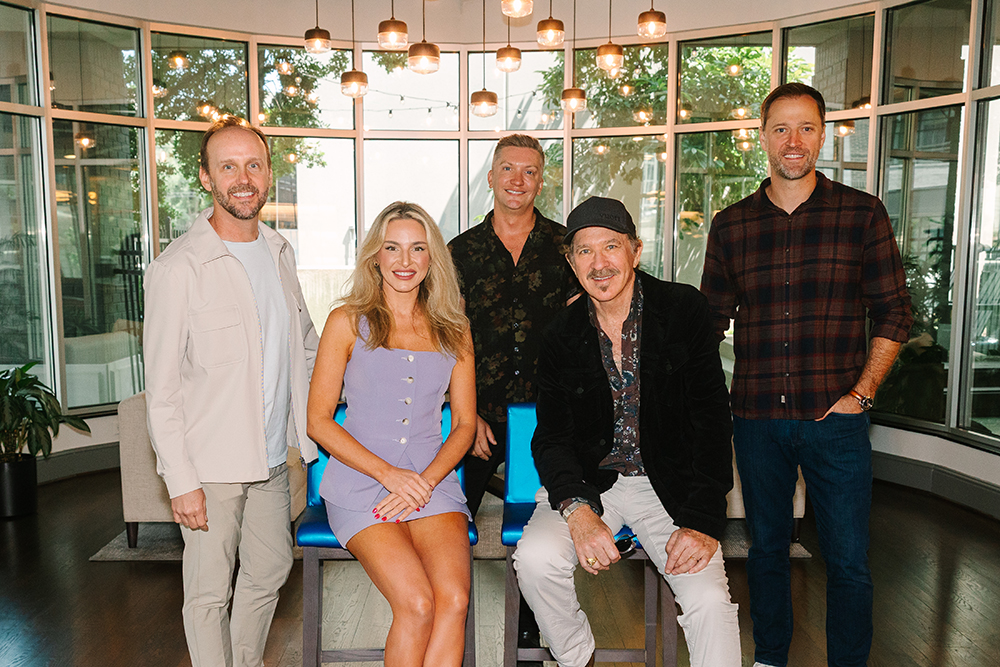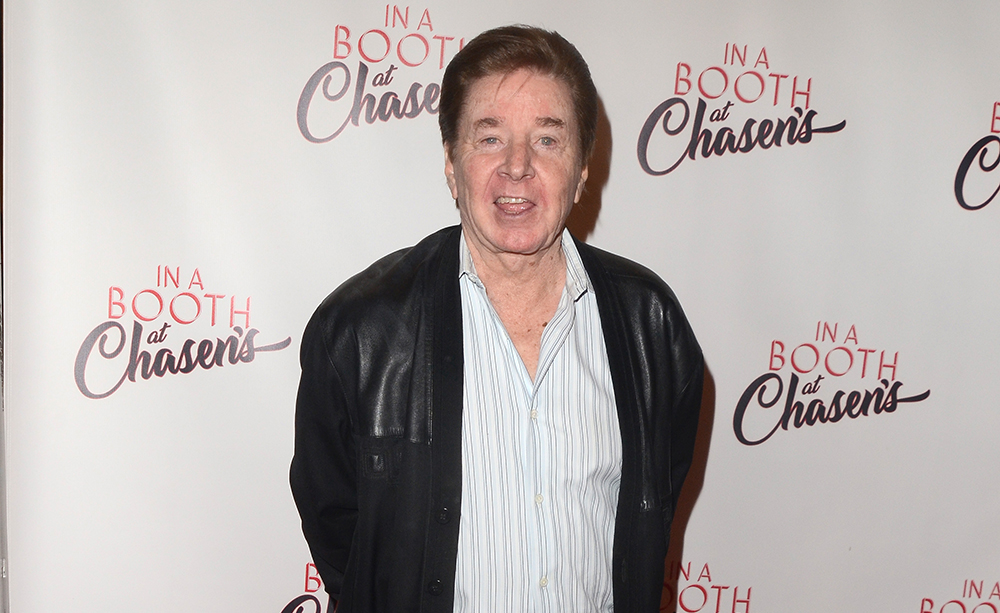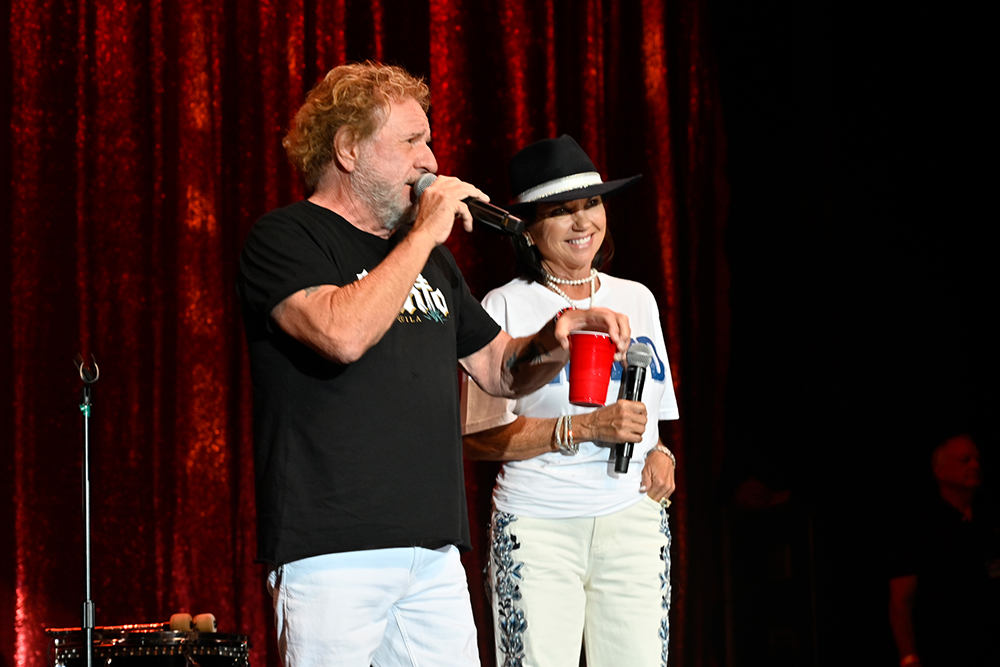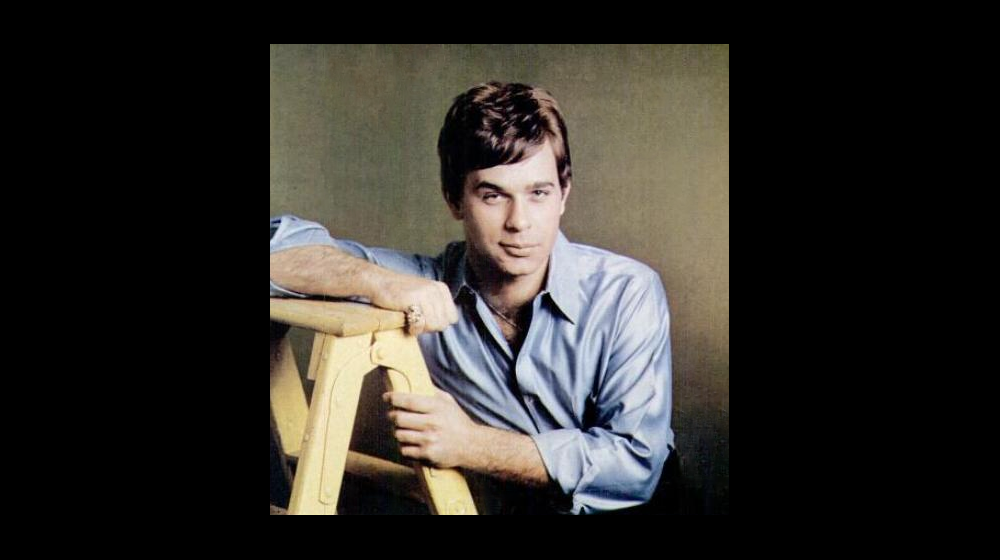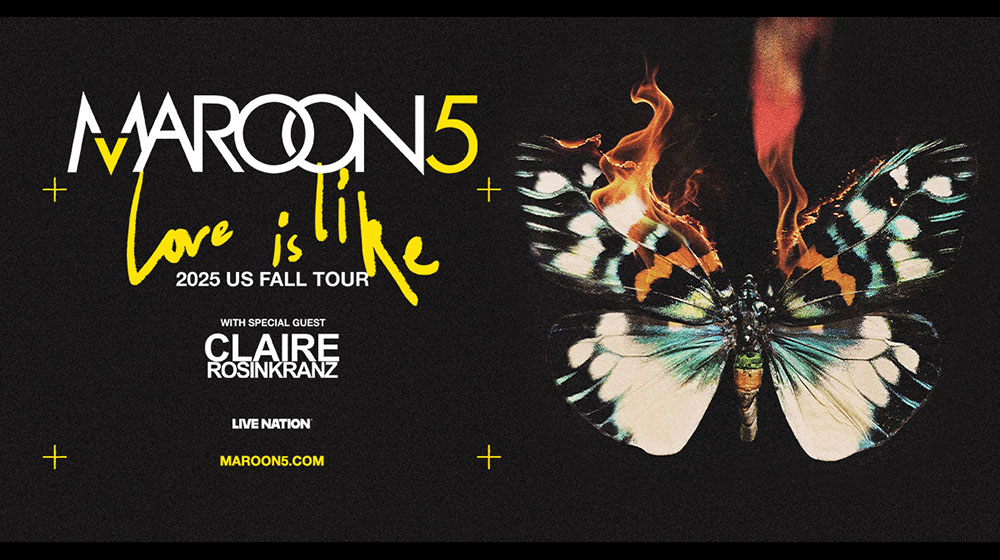
NASHVILLE, TN (CelebrityAccess MediaWire) — If you're not familiar with Chris Pandolfi's work on the banjo with the Infamous Stringdusters, you've probably been living under a rock. To date, the group, consisting of Andy Hall (Dobro), Andy Falco (guitar), Chris Pandolfi (banjo), Jeremy Garrett (fiddle), Jesse Cobb (mandolin), and Travis Book (upright bass), has released 3 albums, all charting in the top ten on the Bluegrass charts.
The Infamous Stringdusters were recognized this year by NARAS for their track "Magic #9" with a Grammy nod for "Best Country Instrumental" and in 2007, they cleaned up at the International Bluegrass Music Association Awards, winning Emerging Artist of the Year, Album of the Year for "Fork in the Road" (in a tie with J.D. Crowe & the New South's album "Lefty's Old Guitar"), and Song of the Year for the album's title cut. Chris has a lot to say about what it takes to be a successful band in the new music era – it's definitely worth a read.
The Bluegrass Manifesto by Chris Pandolfi
I've been paying attention to the recent news about Bluegrass Nation–an interesting and potentially very exciting new development for the IBMA (International Bluegrass Music Association). For some more background on BG Nation check out Craig Havighurst's blog. I salute the folks trying to give the music a boost, but as a young professional in an up and coming 'bluegrass' band, I acknowledge that the challenges facing this genre (especially its aspiring acts) are significant. I'm inspired to share some experiences and give my two cents. Hopefully it helps.
When the Infamous Stringdusters were getting rolling 6 years ago, we confronted the obvious question: what kind of music do you play? Ironically, the answer has little to do with music. It's a business decision, and an important one at that. These days, a young band's press materials (pictures, bio, web design, etc) reach the world before its music. Given the time it takes for a band to get some momentum (in some cases years), those decisions about branding are key. They set the tone for everything that follows, and the 'genre' that you choose for yourself often sits atop the marketing plan.
For us, the obvious answer was bluegrass. There was a fanbase and a business infrastructure intact that was very supportive of us (we are forever grateful). Our instrumentation, songs, vocal style, etc–it was undeniably bluegrass. We met at IBMA, started our relationship with our record label at the conference a few years later (Sugar Hill), and then won three awards, including Emerging Artist of the Year, at the 2007 IBMA awards. Things moved quickly after that. There was an obvious regimen of festivals and bluegrass concert series that we plugged right into, making solid money and growing in profile.
The next few years flew by. We were consumed with the task of staying afloat and keeping our band together (the biggest challenge for any young group). We worked hard on our music, assuming that it would reach the fans who would enjoy it most. But it's not that easy. In 2009 we started to more closely examine the trajectory of our career. A few shows with Railroad Earth gave us a glimpse into a world that most of us had at one time been a part of as fans, but our band had lost touch with. Something clicked, and everything changed.
With the help of our management, the Artist Farm, we started to think much more deeply about what we wanted. The most obvious questions (how many shows a year? what types of venues?) led to more significant ones (what type of experience do we want to create? what types of people do we want to play for? what types of people are we?), ultimately helping us truly understand what's best for us as people and as a business. It was a major revelation. Somehow all the hard work of getting a band going distracted us from these important issues (not uncommon). But suddenly we knew much more clearly what we wanted. Big changes to our branding/marketing efforts were imminent, which meant we had to revisit that crucial initial question: what kind of music do you play?
Should we call ourselves a bluegrass band? It just wasn't so obvious anymore. Newly empowered with a vision of bigger shows, standing clubs and huge sound/lights, we were ready to put our music in a setting where it would come to life. This ideal gig setting would surely bring out the best in us, attracting the right fans, the fans we are after, and the scene would grow. It was obvious that we needed to project something new in our marketing message to the world. We needed to build it. But this was a significant departure from the scene we'd been a part of, and there were real concerns about alienating existing fans. These great new gigs would not be so great if they didn't make us any money and the band broke up. As we got to know our new fans (this is key) we learned that if we were to create a big party show, it had to be that show every time. At big shows, fans are there to see you but also to be part of the scene. A fan who expects to drink beers and talk to their friends will not be happy if they have to sit in silence at a PAC. That fan might never come to see you again, or they might tell 20 friends if they see you in the right setting/scene.The transition would have to be very deliberate, definitely a leap of faith. Some fans would make the switch with us, and some would not, but that process of natural selection turned out to be a healthy one. We want people who want to be in that setting with us. They are music lovers, and they are a key component to success when they get involved in the shows and get behind the band. So how do we get the ball rolling with these fans and get to this bigger scene that we've decided we want to be a part of?
Experience proved that marketing ourselves as the cool 'bluegrass' band did not do the trick. In retrospect we see that except for a few anomalies, the term is synonymous with a tiny sliver of the music business, small-time bands and relatively modest shows/income. Big promoters want hype, real numbers and a branding that looks big time. As you grow in size, a huge part of the game is educating promoters in the world you want to to be a part of, putting your truest/best foot forward to get on the right shows, the shows that will grow your band. If they've never heard you, do you want them to think you are a bluegrass band? Not if you want to portray the image of a rising act capable of playing huge rooms to huge crowds, because right now that's just not what bluegrass is, not what it wants to be. Bluegrass is pure musical integrity, heavy on history and culture, but light on business savvy/stature. So we had to change it up.
We were discovering one of the universal elements of any successful business: flexibility. Our music did not undergo any significant or immediate changes, but our branding/trajectory changed pretty drastically. We sought out new business partners who understood our goals and the music world we wanted to be involved in. We were passing on lucrative gigs that we'd done for years, instead opting for the clubs that would pay less at the get-go, but ultimately had no ceiling. There were definite growing pains. We started affiliating with other bands involved in this new scene–grassroots partnerships that really make sense for us. We started playing a bigger show with lights, smoke, effects, less MC work, etc. The good news is that we are finding our fans and we love them. We enjoy every day, and our synergy as people and musicians is stronger than ever before (so so important for a band–another manifesto altogether). We are reinvesting in our business with a big long-term plan in mind, helping to further ensure that our band stays together for many years and achieves its full potential. A clear sense what we want and of the immediate path ahead has helped us in every way. It's a beautiful thing. But why is 'bluegrass' suddenly so uncool? That part was bittersweet.
This is where it gets a little tricky, because I think we are a bluegrass band, and we all absolutely love bluegrass. We never sat down and decided that our music would change in the same way that we decided our branding would change. The Stringdusters still play 'Fork in the Road,' Song of the Year at the 2007 IBMA Awards, at many of our shows. We're a bluegrass band. But then we realize that the term 'bluegrass' just has too much baggage to take us where we want to be. To understand this part, and to then consider how things might change, you have to look at the biggest underlying question of them all: what is bluegrass anyway?
Musically, I say it's wide open–'bluegrass' is whatever someone says it is. That's all it takes, one person. My only opinion is that all opinions count equally. This is not politics, it's music. But the fans who are most involved with the genre do not share this sentiment. The 'bluegrass' world has a small and fiercely loyal fan base, many of whom also play bluegrass instruments. This is a curse and a blessing. While we get to enjoy one of the great oral musical traditions, growing and changing faster than ever before, the fans also take increased ownership over the music. Firm opinions about what is or isn't 'bluegrass' have literally come to define the core traditional community. It's an omnipresent topic. Stiff opinions breed an atmosphere of exclusivity, and often negativity. And with the huge grey area between fans and professionals, these attitudes pervade the business community as well as the fan base. Of course there are many exceptions, and so many great people in bluegrass, but its reputation has suffered.
Bluegrass promoters, festival owners, IBMA members–their opinions about the music inform the way it is portrayed/presented. They guard the music's traditional ideals as if they are in danger of being forgotten, which often means alienating more progressive bands like ours. Why? Why would a festival promoter ban electric basses or in-ear monitors (true story)? Promoters need to know their audience, but that means finding bands they believe in that match the fans, creating an environment where that band can be itself, and really do what it does best. Telling them they can't use one of their regular instruments is the antithesis of good promotion. They should much sooner find another band (or maybe another job). I want to spread the good word about bluegrass, but to be honest these qualities are a MAJOR turnoff.
If we can at least accept/embrace the fact (you don't have to agree with it) that some people think the Avett Brothers and Mumford and Sons are 'bluegrass,' we'd be doing such a great service to all the bands that are yet to get started. Perhaps IBMA needs to lead an effort to explicitly expand the definition in a public forum (BG Nation), to give the word a cache that it doesn't currently have. The bands, established and upcoming, would have to take it from there. I think they have to be a key part of the rehabilitation process. Hopefully there is a new incentive to be part of bigger scene while proudly calling themselves 'bluegrass.' The best part is, there's nothing to lose. Traditional bluegrass is not going anywhere. I'm not sure traditionalists understand how much respect the young progressive players give to guys like Earl and Ralph, even if they don't copy their music. It's not about changing all the traditional opinions, but rather acknowledging that they are just that, opinions. We all have them, and none of them are right or wrong.
It's worth mentioning that this bigger scene I speak of is already well underway. One noteworthy example is the Yonder Mountain String Band, who have been playing for thousands of people in rock clubs all over the place for years, continuing to evolve and grow as a band and business. They consist of banjo, mandolin, guitar, bass and vocal harmonies. They play John Hartford songs. It's bluegrass, even if they don't call it that. Yonder doesn't sound exactly like Bill Monroe, but they draw a bigger crowd than every act at IBMA (maybe excluding Alison Krauss), so there's got to be something worth checking out there, right? After a poor reception at IBMA a few years back, the love is just not there. The traditionalists do not approve. With no incentive and certainly no need, why would they associate their marketing with a genre (they are clearly already associated in a musical sense) that's small-time compared to what they are already doing? The gap in stature between Yonder and the legions of struggling bluegrass bands continues to grow, and they haven't been back to IBMA since.
The saddest part about all this is that all the big fringe acoustic bands love the bluegrass scene. They have utmost respect for the quality of the music, and no misconceptions about where they stand. For the most part they are humble, appreciative, and probably willing to get involved and be a part of all this. Ironically, while traditionalists feel they are protecting 'real bluegrass,' acts like Mumford and Yonder want to celebrate the traditional idiom like never before. Respect for the masters is profound. But the bluegrass world is tough, and there's just no solid mutual respect. Unfortunately, bluegrass needs these bands (Railroad Earth, String Cheese, the Avetts, etc–the list is LONG) way more than they need bluegrass. I bet that almost none of Yonder's fans even know what IBMA is. But that could all change.
I'm not saying that all bands should all follow this rock-club trajectory. Every band needs to find their own path, the scene that they enjoy and that brings out the most in them. Fans will do the same, gravitating toward the scene/music they enjoy. But don't judge the scene that you are not a part of. Bluegrass people need to stop lamenting the current state of affairs and open their minds. It's already happening: big shows, enthusiastic crowds and a fun, inclusive vibe that encourages unlimited growth. I would say that in a musical sense 'bluegrass' is very healthy, changing and growing faster than ever before. There are younger players, new influences, cool people and amazing original music that's indicative of a vibrant musical evolution. But the problem is, it's just called bluegrass less and less. Imagine: the bluegrass world embraces a big band on the fringes, they make the cover of Rolling Stone or Spin along with the word 'bluegrass,' and suddenly there's a intense new vitality for the term and all of its aspiring acts, whether they want to play in clubs or churches. There would be a mobility open to bands, a pre-cut path to one of many scenes, big or small, without the risk of being branded 'non-bluegrass' by the fans. The pieces are already in place and it's waiting to happen, but the traditional fans will have to be a part of it at the get go, even if that just means acceptance. IBMA just has to get the ball rolling.
So how do you promote this new atmosphere of openness, and incite real change? As I said above, we all need to be less judgmental, but it's naive to think that a new mentality would sweep through the existing fanbase. People just don't change that much, especially bluegrass fans over the age of 70. But that's OK. Perhaps IBMA needs to be very deliberate about broadcasting a newer, broader definition of 'bluegrass' designed to include the traditionalists AND everyone else. Or maybe they shouldn't try to define it at all, maybe they should just define a new spirit of openness and let all the related music speak for itself (I think anyone already paying attention has some concept of what 'bluegrass' is by now anyway). Then they need a business plan to back it up, with new partnerships that make sense. A band like Yonder could be a good place to start. If they really project a new all-inclusive vibe, many new people will consider themselves fans of 'bluegrass,' and there will be more bands to enjoy, more shows to go to, and more opportunities for professionals. And this is where Bluegrass Nation comes in. It appears to be a good first step, and I am encouraged by its emphasis on growing the fanbase. Nobody needs to change, the two groups just need to coexist, and I really don't think these newer, more open-minded fans will have a problem with it. They won't take over the Doyle Lawson show, but if they want to check it out at least now they might know about it. Doyle still plays his music to his fans in his desired setting. There just might be a few more folks in the house.
The Stringdusters will always be dynamic in our branding as we grow and progress. Flexibility is now a central part of our business philosophy. IBMA needs to make a similar move, promoting change and openness, and welcoming a new crowd, if they are to promote the growth of this music and the business that surrounds it (clearly stated as their mission at IBMA.org). If they do, the PR kickback from bands who WANT to use that term will be significant, the genre will grow and more attention will be directed toward all forms of bluegrass. This amazing, deeply historical music could really get its due, and we would all have something to celebrate together. If they don't, all kinds of great music will still come along, but probably very little of it will strive to be called bluegrass, and the genre could shrink as we continue to venture ahead in time, away from 1946. This simple plan of openness is no revelation, but hopefully our experience as a band helps illustrate the challenges that lie ahead, and gives some insight into how they might be overcome. It's a simple decision to include rather than exclude, for all of our mutual benefit, with no real risks involved. It's time to ease up on our opinions, open the doors, enjoy some new tunes and share the wealth.
Check out the discussion sparked by this post: Chris's Blog – Scroll to the bottom and Craig Havighurst's blog for additional background info. – CelebrityAccess Staff Writers
































